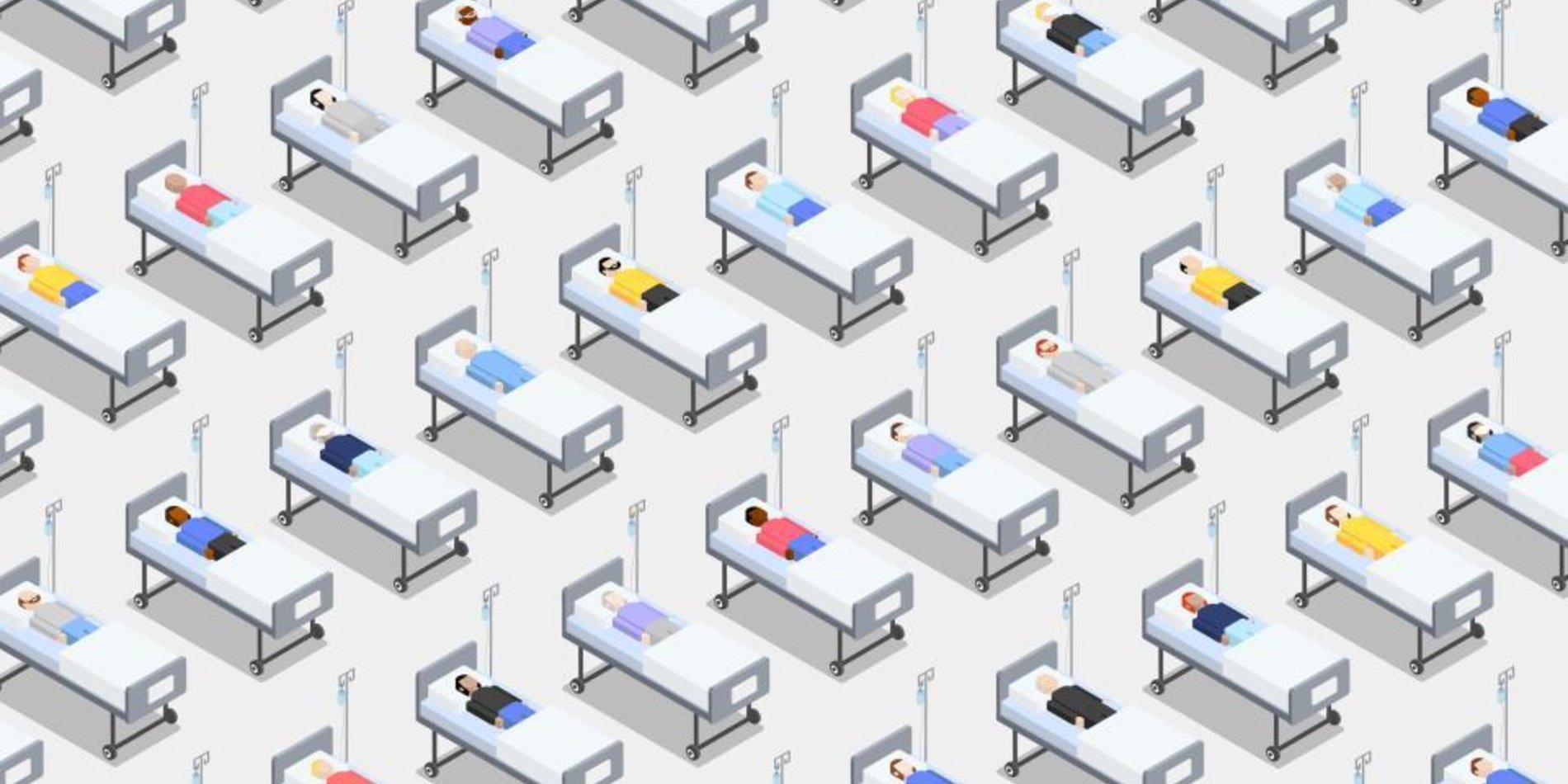Healthcare AI Blog

Ensuring the Fairness of Algorithms that Predict Patient Disease Risk
Decision-support tools for helping physicians follow clinical guidelines are increasingly using artificial intelligence, highlighting the need to remove bias from underlying algorithms.
Read here
New AI-Driven Algorithm Can Detect Autism in Brain “Fingerprints”
Led by AIMI faculty Kaustubh Supekar, Stanford scholars have created an algorithm that uses functional MRI scans to find patterns of neural activity in the brain that indicate autism.
Read here
Broadening the Use of Quantitative MRI, a New Approach to Diagnostics
A promising technology is held back by lack of quality data, but with a newly released dataset, Stanford researchers are about to set it free.
Read here
De-Identifying Medical Patient Data Doesn’t Protect Our Privacy
AIMI co-director, Nigam Shah, makes the case that de-identifying health records used for research doesn’t offer anonymity and hinders the learning health system.
Read here
When Algorithmic Fairness Fixes Fail: The Case for Keeping Humans in the Loop
Attempts to fix clinical prediction algorithms to make them fair also make them less accurate.
Read here










